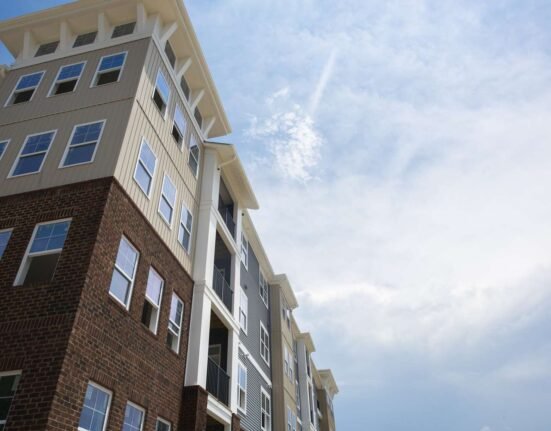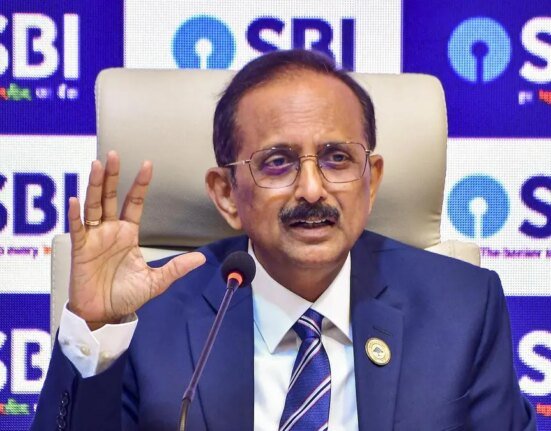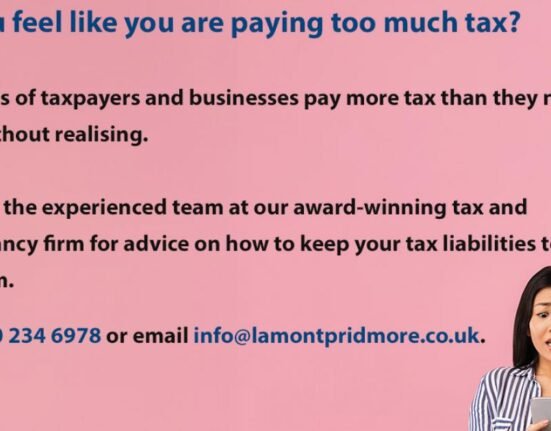Boston Mayor Michelle Wu was on Beacon Hill Tuesday asking legislators to sign off on a plan to increase the property tax share paid by city businesses.
As in many communities, Boston places a higher tax rate on commercial and industrial property compared to residential, amounting to a roughly 60/40 split. But with expected decreases in commercial real estate values, commercial tax revenue could go down significantly in the years ahead, forcing homeowners to take up the slack.
Under Wu’s proposal, the city could increase commercial tax bills to up to 200% of their share of the tax burden, gradually shifting back to the currently allowed 175% over four years.
Wu said property taxes could still go down for individual businesses, and homeowners could see increases — but homeowners’ taxes would not go up by a third, as projected if nothing is done.
“A 33% spike in residential property taxes would be devastating, not only for our residents, but for all our businesses who rely on our residents as customers, clients and employees,” Wu said.
City officials noted that Mayor Tom Menino carried out a similar tax split policy in 2004. Wu also defended her decision to increase the city’s budget by 8% at a time that she’s asking to adjust property tax shares.
But Marty Walz of the Boston Municipal Research Bureau said that was a different time and spending was more conservative.
“Back in ’04, the city slowed considerably the rate of its spending increases … it also cut its workforce,” Walz said. “There are steps the city can take to make the situation better. It’s choosing not to do it, so it’s coming to you with this tax increase proposal.”
Testifying beside Wu was Nicholas Ariniello, commissioner of Boston’s assessing department. He told lawmakers the average tax bill for a single family in Boston is $5,522. That bill would increase to $6,432 if lawmakers don’t allow the city to change the tax ratio.
State Rep. David Paul Linsky, a Natick Democrat, pointed out that the city’s residential tax rate is low compared to what taxpayers pay in other communities.
“I’m not saying this is a good thing by any means, but the average single family tax bill in my district is probably three times [Boston’s average bills],” Linsky said.
Linsky added that a 33% tax rate increase is “clearly an issue that we need to deal with.”
Lawmakers would have to approve the city’s request before the end of the session on July 31.







